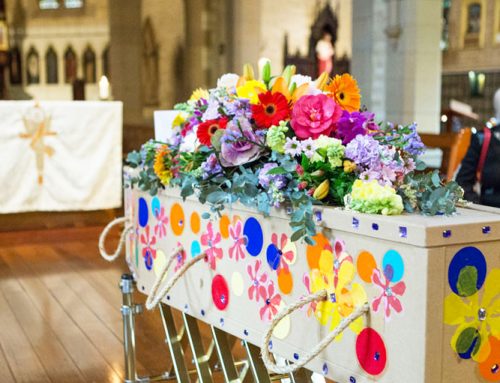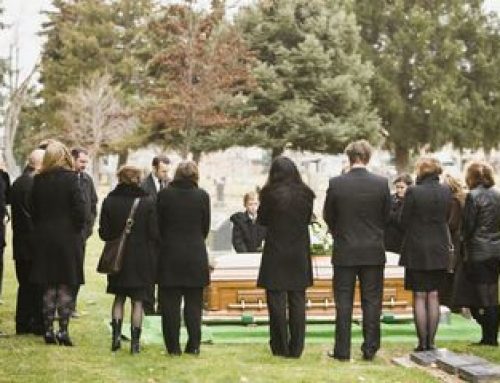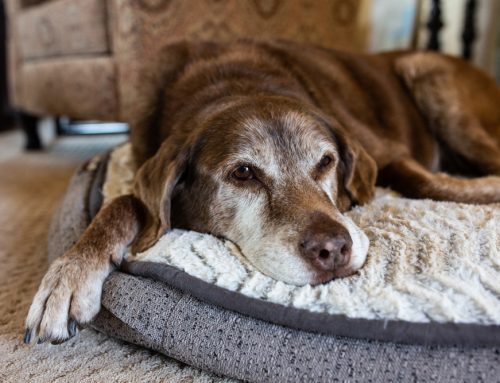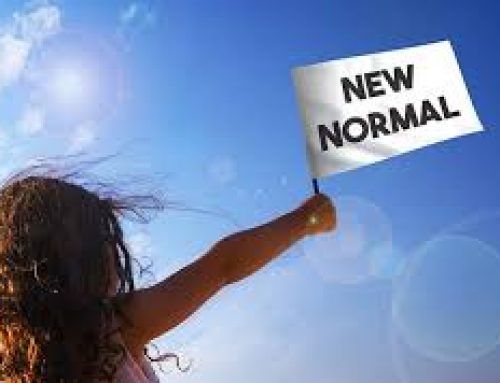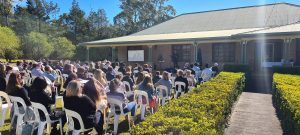
After Ryans private home farewell a larger community memorial was held at his parent’s in-law property – complete with pizza van and beers.
Not many of us die unexpectedly. In fact, for the most part, our deaths are like a slow train coming and we experience a tapering down and progression towards our death which offers plenty of time for reflection, preparation and planning. Why then do we behave as if it will never happen and push it out of our minds and out of our plans?
When death arrives – families are plunged NOT only into grief and shock – they must also organise a funeral. Being thrown into the deep end, un-resourced and unprepared, can cause additional stress and anguish for those left behind who are left to curate and arrange one of life’s most reverent and significant events, without any instructions, ideas or plans.
Sarah Tolmie is an end-of-life consultant, holistic celebrant and community funeral director on the Central Coast and Newcastle with Picaluna Funerals. She works with families at end-of-life and death by guiding them through the big conversations and big decisions with great care, authenticity and compassion.
“Ideally it would be wonderful if EVERYONE had a death plan; and that everyone had taken time to have the important conversations with their families about their wishes and needs; and put in place documentation and preparations for their death and funeral,” said Sarah Tolmie.
“Talking about death doesn’t hasten it. It actually reduces fear and increases feelings of intimacy, support and comfort. Leaving death unspoken, avoided or denied, does not help. It can make a dying person feel even more alone.”
“Essential to having some control and capacity at death is gaining an understanding about what happens and what will be asked of us. It requires knowing some information and being aware of wishes, choices and options,” said Sarah Tolmie.
“You don’t have to, nor should you, wait til you’re close to deaths door. These conversations and planning can take some time and depending on your stage of life, they can evolve. You may need to update you plan sometimes too,” said Sarah Tolmie.
Some ways to begin this conversation is to have a special dinner. Or you may invite your family together for a special meeting. There are also many organisations in the community assisting these conversations, like “Death Café’s” and “Dying to Know Day” events.
Key Questions For Discussion on dying, death, funerals and what to do?
- Do you I want to die at home?
- Are there any rituals or wishes specific to my physical caretaking in death and after death?
- Do I have a Will? Do I need an Advance Care Directive?
- Are you financially prepared for a funeral?
- Have you funeral insurance or maybe consider a pre-paid funeral plan?
- Cremation or Burial…or other?
- What kind of funeral/service would feel a ‘right fit’ with your life and values?
- Will there be a funeral, ceremony/celebration, or both? Civil ceremony? Religious /spiritual service?
- Where might my funeral/ceremony take place? Who would speak?
- What music might play? Is there anything you would like people to do or not do?
- Have you considered writing your own life biography and curate the story of your life?
- What is the legacy you leave behind and want to have continued, shared, gifted, acknowledged or supported?

